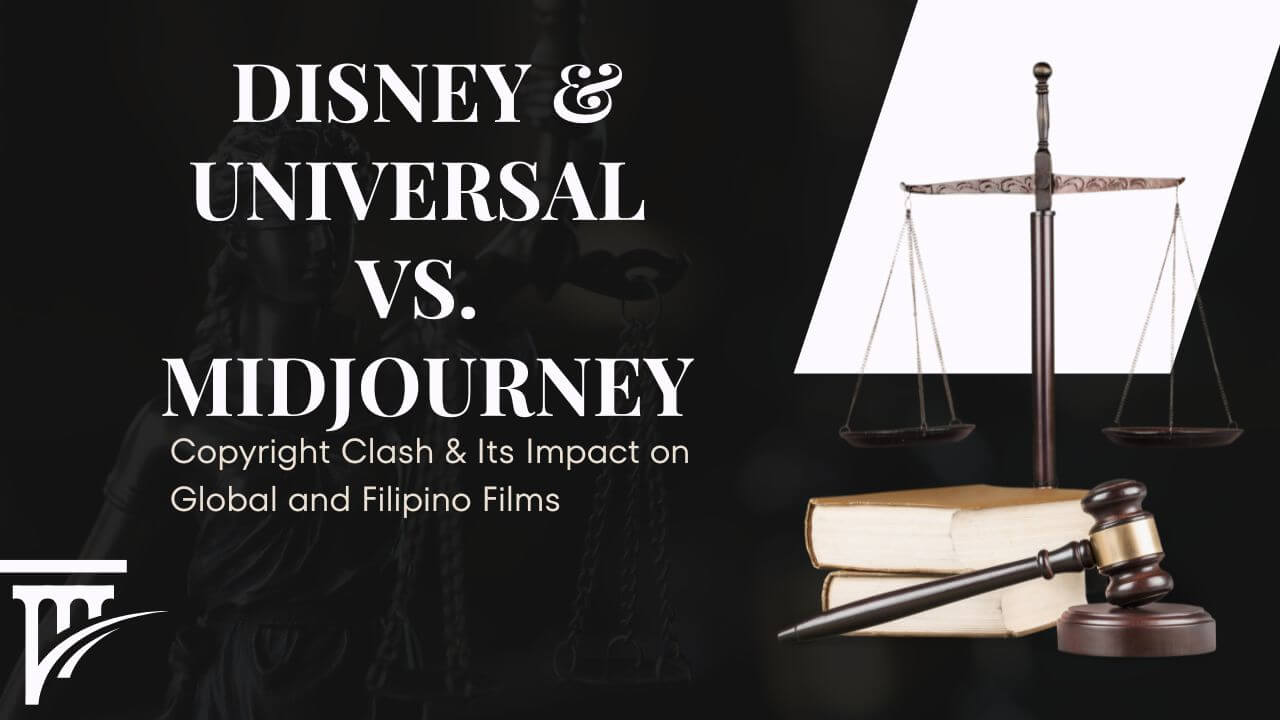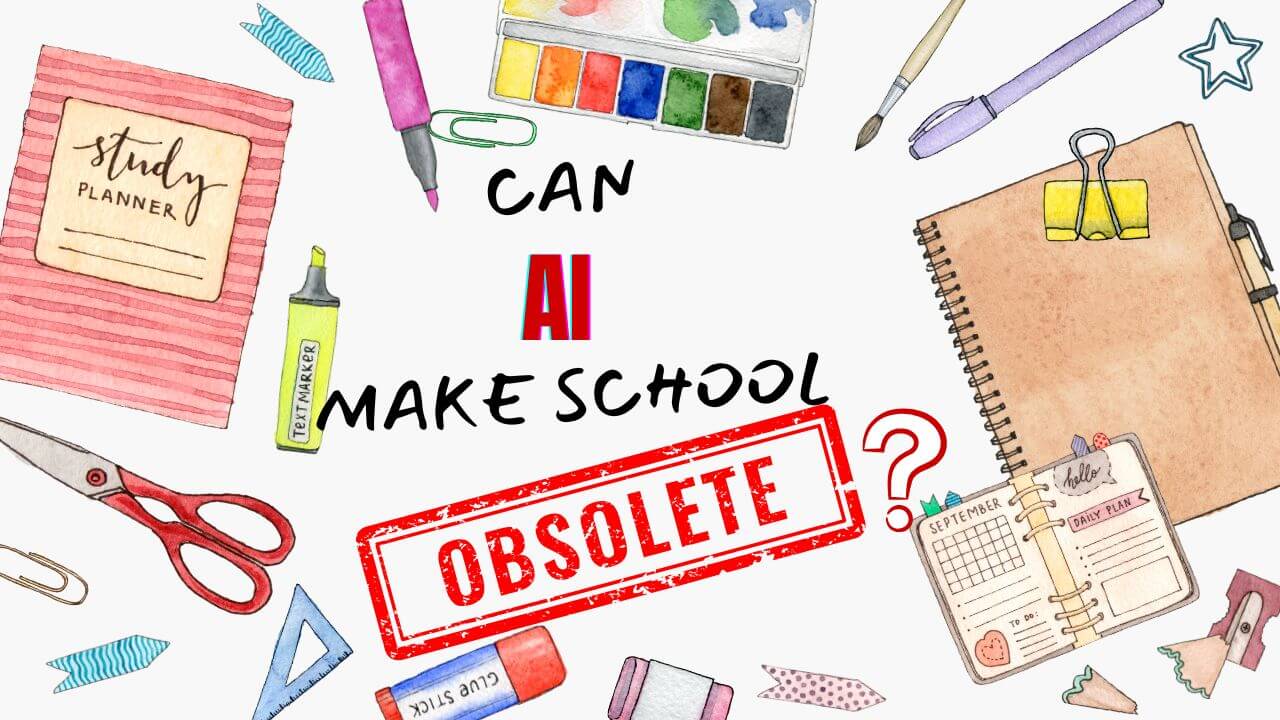Introduction
In a bold legal move that has rocked the entertainment and AI communities alike, Disney and Universal have filed a lawsuit against Midjourney—a popular AI-powered image generation service—alleging widespread copyright infringement. With the studios accusing Midjourney of transforming its vast libraries of copyrighted characters into what they call a “bottomless pit of plagiarism,” the case has ignited a fierce debate on intellectual property in the age of generative AI. But what does this mean for the global film industry, and could the Philippines soon encounter similar dilemmas, given its longstanding challenges with piracy?
A Blow-by-Blow Summary
The Lawsuit: Disney and Universal’s complaint, filed in federal district court in Los Angeles, claims Midjourney used its AI technology to generate countless images featuring iconic characters—ranging from Darth Vader and Elsa to Shrek and Po from Kung Fu Panda—without any licenses or permission. The studios argue that Midjourney not only “pirated” these characters but also refused to implement technological safeguards that might have limited such infringing outputs. In their view, Midjourney’s process of generating images from text prompts is less a creative service and more an exercise in systematic plagiarism, costing the original creators both reputation and revenue.[4][6]
How It Works: Midjourney’s service allows users to input simple text prompts that the AI then transforms into high-quality images. Unfortunately for the studios, this means that a user can, for example, request an image of “Darth Vader on a beach” and receive a near-perfect reproduction of the copyrighted character—a reproduction that Midjourney asserts is protected under its operational transparency, but which the studios view as blatant theft.
The Allegations: The lawsuit alleges that by harnessing copyrighted material without permission, Midjourney is not only undermining the core financial model of entertainment giants but also setting a dangerous precedent for user-generated content powered by AI. The studios are seeking a preliminary injunction to halt the production and distribution of infringing images, along with unspecified monetary damages to compensate for the alleged misuse of their intellectual property.
The Broader Implications: Global Impact and a Glance at the Philippines
Global Reverberations: This lawsuit is not an isolated legal skirmish; it is emblematic of a growing tension between the rapid evolution of AI technologies and the established frameworks of copyright law. As AI continues to democratize creative processes, questions about originality, fair use, and intellectual property rights are coming to the forefront. Disney and Universal’s actions signal that major content creators are now willing to fight aggressively to protect their valuable creative assets. This legal battle, which some commentators refer to as a defining moment for generative AI, may well determine how AI innovation and copyright law coexist moving forward.
Will the Philippines Face a Similar Dilemma? The Philippines is no stranger to copyright challenges. The local film industry has long struggled with rampant piracy—a situation that has caused billions in losses and stunted the growth of creative producers nationwide.[2][3] As Filipino consumers continue to be among the highest users of pirated media in Asia, the concerns raised by the Midjourney case could easily extend to similar AI-generated content risks.
Imagine a scenario where local AI tools in the Philippines begin to generate images or videos using copyrighted or culturally significant content without proper permissions. Such a development could not only dilute the value of original Filipino creative works but also further undermine an industry already battered by piracy. Given the current legal and regulatory challenges in protecting intellectual property rights here, it is entirely plausible that the Philippine film industry might have to grapple with this new form of infringement sooner rather than later.
Piracy and the Local Film Industry: Historically, piracy in the Philippines has been a double-edged sword. On one hand, it has made entertainment accessible to a broader audience, but on the other, it has also led to significant revenue losses and stifled investment in local productions. With AI tools like Midjourney potentially adding another layer of complexity to copyright infringement issues, Filipino policymakers, content creators, and tech innovators may need to collaborate on new solutions that safeguard both creativity and fair access to media.
Conclusion
The lawsuit against Midjourney is more than just a legal battle; it is a reckoning for the entertainment industry in the face of disruptive AI technologies. While Disney and Universal are at the forefront of this clash, the ramifications are global—and they’re likely to ripple into markets like the Philippines, where piracy has long been a contentious issue. As AI continues to evolve, so too must the legal and ethical frameworks that govern its use to ensure that innovation does not come at the expense of creativity and rightful ownership.
At AIWhyLive.com, we’ll continue to monitor these developments closely, offering insights and strategies on how to navigate the increasingly complex world of AI-driven content creation. The future of creative industries is at a crossroads—and the choices made today will determine how we balance accessibility, innovation, and the protection of intellectual property tomorrow.
Sources
[2]: Rappler: Let’s view Filipino cinema’s piracy culture through a different lens [3]: AmCham Philippines: Piracy Impedes Growth of PHL’s Creative Industries [4]: MSN News: Disney and Universal sue Midjourney for copyright infringement [6]: MSN News: Disney, Universal Launch AI Legal Battle, Sue Midjourney
If you’re a Filipino filmmaker or a digital content creator, this case is a timely reminder to remain vigilant about how emerging AI technologies may affect your intellectual property. Stay informed, stay creative, and let’s work together to build a fair and innovative cultural landscape.







